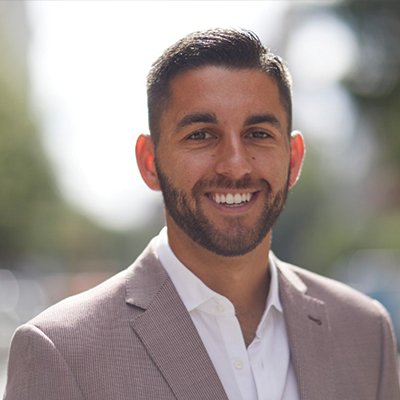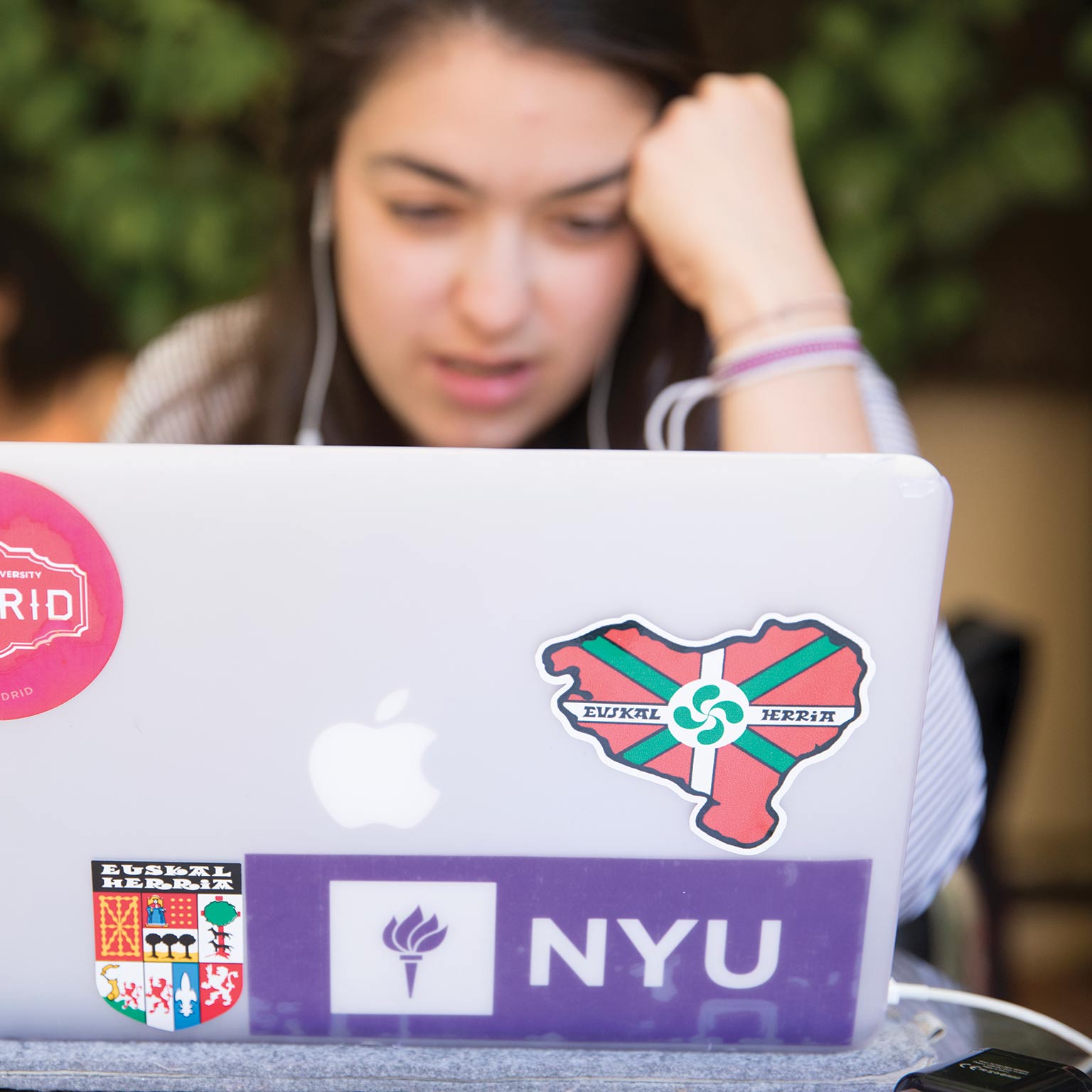The elusive letter of recommendation. What will they write about me? Will they say I am a good student? Are they going to be thorough enough? Will they mention that C- I received on that quiz last February? Also, who will “they” be? These are some of the questions that accumulated in my mind during my junior year of high school.
As an admissions counselor at NYU, I read over one thousand letters of recommendation each year. This is the only time in a student’s application when I hear the perspective of someone beside the student. Therefore, letters of recommendation add necessary context to a student’s college application outside of what you can provide. The thought of asking someone to brag about you may seem daunting, or weird, or both. However, asking the right recommender should not be. Have no fear, my recommendations are here.
Choose a Teacher Who Likes You
A letter of recommendation should be written by someone who thinks favorably of the candidate. You might believe that to be obvious, but I feel the need to make this explicit. That’s because recommenders are candid in their letters. You don’t need to be best friends with your teacher, but you should consider yourself a good student in their class. Teachers will illustrate if and how you contribute to the class. For this reason, you should ask a teacher for a recommendation that you trust will be honestly positive in the letter. You don’t want any surprises.
No Need to Be the All-Star
Students should not feel they need to dominate a classroom to be noticed. This is sage advice for high school and college. Teachers can recognize students’ efforts without hearing them speak up every five minutes in class. That’s because teachers understand there are many ways to contribute to a classroom. One student may work well in groups. Another student may excel after receiving extra clarification. One student may have vastly improved in a teacher’s class over the year. Each type of student provides unique value to pushing classroom discussion.
The point is, you can still get a shining recommendation without being the all-star of the class. And oftentimes, it’s the teacher whose class you might’ve struggled in at the beginning of the class, but they saw how hard you worked, that might be your biggest cheerleader—regardless of the grade you received at the end of the semester.
Exactly Whom Do I Ask?
Different colleges will require a different number of letters of recommendation. However, most will ask for at least one teacher. Students should ask teachers they have had in high school, in a classroom setting. I receive many questions about this. Can it be my private cello instructor? What about my soccer coach who is also a teacher in the school? Can it be my homeroom teacher?
A student should ask a teacher who has taught them in a class. Any class is fine. At NYU, a biology teacher can write a stunning letter of recommendation for a student applying for cinema studies. Students do not need to choose recommenders based on their intended majors. The world is intersectional, as are students. To my earlier point, think about which teachers you get along with as well as which classes you believe you’ve contributed to the most. Those could be great teachers to write your letter of recommendation. Getting hung up on matching college interests with high school subjects is not the best approach for your letter of recommendation.



